ifaw policy work in the EU
ifaw policy work in the EU
Envisioning efforts to save or rescue animals doesn’t usually conjure images of people in suits walking the halls of government. Yet, advocacy and policy work are foundational to IFAW’s success. Strong conservation policy provides the legal frameworks needed to prosecute wildlife traffickers, to protect species and their habitats from exploitation and destruction, and to ensure that funding is available to support rangers and others working on the front lines to protect our precious wildlife.
Wildlife laws, regulations and policies of the European Union (EU) have far-reaching impacts for animals — domestically and around the world. We can no longer ignore the immediate and urgent need to address the issues of climate change, biodiversity loss, and ecosystem degradation that confront our region and the broader global community.
During the last European Parliament Elections in 2019, IFAW presented in a manifesto what priorities the EU should focus on in regards to animal welfare and conservation. While the presentation of the EU Green Deal and the Biodiversity Strategy by the new European Commission are welcomed steps, the EU still has a lot to do.
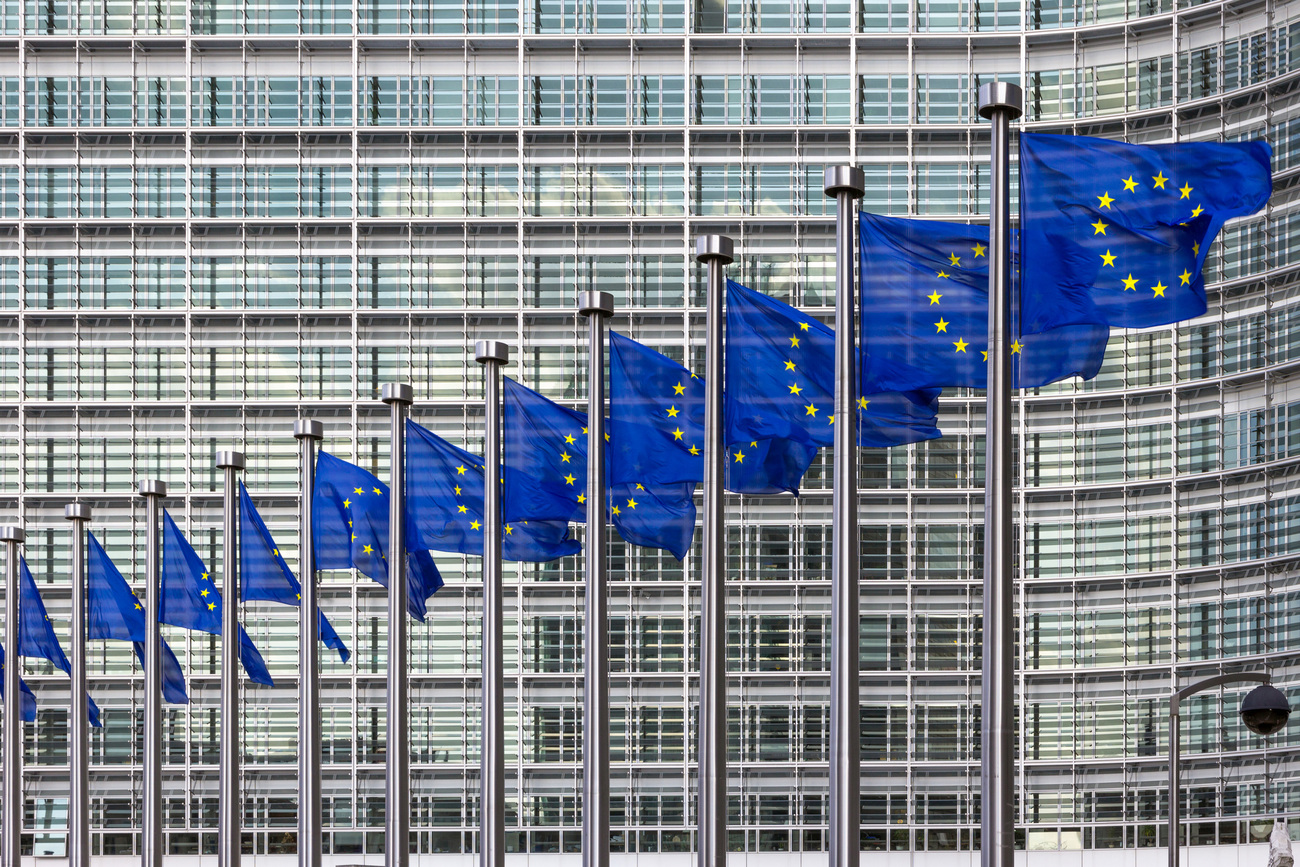
International policy
IFAW engages with numerous international agreements, and the countries (“party”) to them, particularly the agreements that affect biodiversity loss, wildlife and their habitats. It is key for us to engage in these discussions and ensure that as countries get together to make decisions, that those are informed by the work we do, taking into consideration the lessons we learn doing the work on the ground, protecting animals and their habitats.
The EU is crucial for a number of reasons. In many Multilateral Environmental Agreements (such as CITES, CBD, CMS, etc.), the EU votes as a bloc, which has a huge impact, especially considering a lot of people will also follow the EU even if they are not part of it. There is a potential to influence many votes. More importantly, the EU is an important actor on the global stage regardless of vote counts, and the policy leadership it shows or does not show can be critical for movement on particular issues.
IFAW played a critical role with its seal campaign, which, thanks to the WTO and EU leadership, saved effectively millions of seals through import bans in 1983 and 2009.
To learn more: International Policy program
The role of EU funding
The EU needs to financially support efforts overseas, and that is the point we need to make sure is understood and comes alongside everything to do with the EU Green Deal. Which is why IFAW and other organisations have been calling for an important amount of funding – a 10% funding target – within the Neighbourhood, Development and International Cooperation Instrument (NDICI) to be allocated solely for biodiversity.
If we ask the world to do things differently and to better protect nature, to deal with climate change, that comes will a whole raft of benefits if we get it right but it also comes initially with costs. These are often born disproportionately by poorer countries, which might be rich in biodiversity but not wealthy, so they will need help and money. This is where the question of development funding from the EU is crucial. The Member states and the EU as a whole being important donors, that money can have a real impact on the future of biodiversity, conservation and the planet.
To learn more: Why biodiversity matters
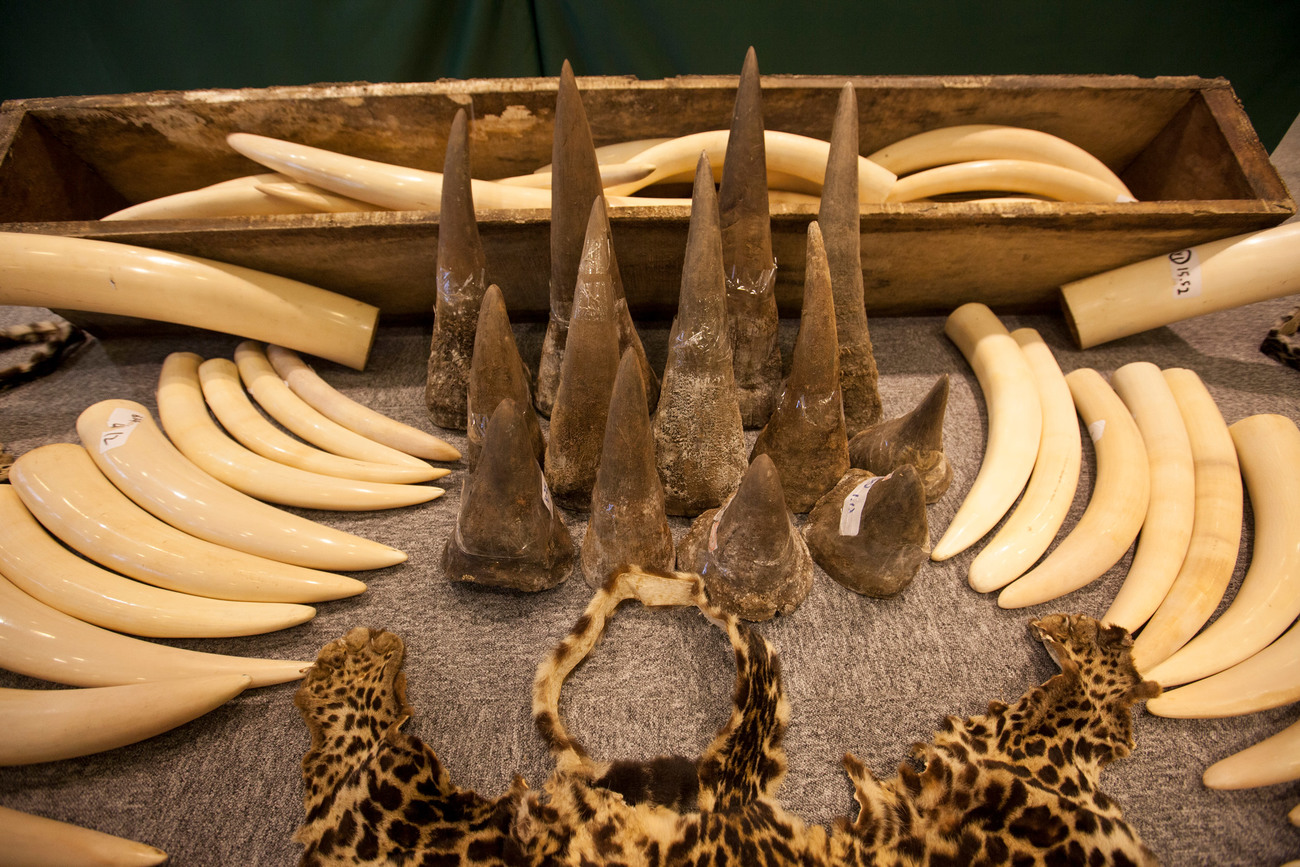
Preventing wildlife trafficking
Wildlife crime is the fourth largest illegal global trade after drugs, counterfeiting and human trafficking, worth an estimated 8 to 20 billion Euros annually. Trafficking in wildlife is one of the world’s most profitable organized criminal activities and even poses a direct security threat in some parts of the world.
The EU is not only a top destination and transit for illegal wildlife items, but is also an important source region. In response, the EU adopted a five-year Wildlife Trafficking Action Plan (WTAP) in 2016 to address the root causes and identify measures to combat trafficking more effectively while supporting global efforts. These include funding and diplomacy, along with increasing the capacity of specialized cybercrime units and amending national legislation for wildlife crime to be recognized as a serious crime. IFAW is now calling for a renewal of the WTAP in 2021.
To learn more: Wildlife crime prevention in Europe
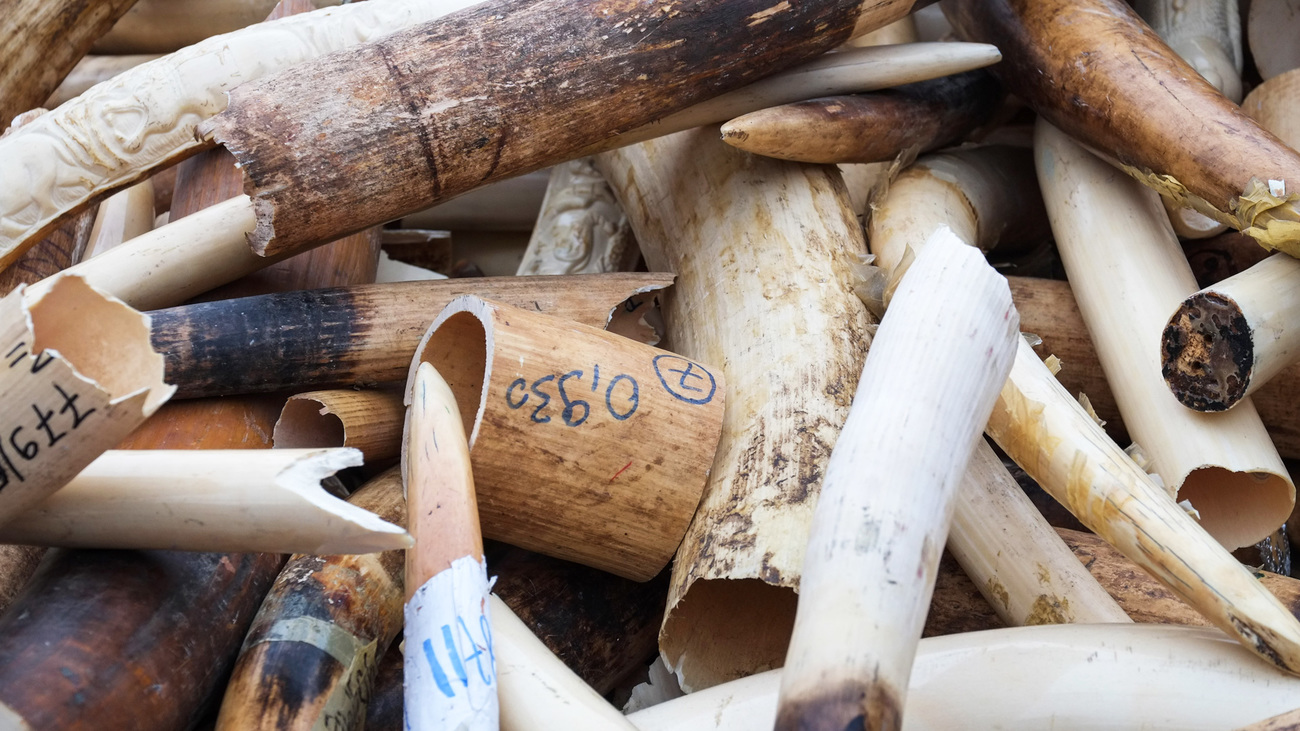
Banning ivory trade
Africa’s elephants are in crisis and their numbers have dramatically declined, mostly due to poaching for their ivory. Elephant poaching and ivory trafficking will not stop as long as ivory remains legally on sale in many EU countries in markets, auctions, antique shops and on the internet. There is evidence that illegal, new ivory is being sold as antique, which is legal and leads to “ivory laundering” and permit forgery.
EU countries are also used as transit countries to smuggle illegal ivory from elephants poached in Africa to Asia. The Commission’s guidance published in May 2017 recommending a suspension in the (re-) export of raw ivory (tusks) was welcome, but insufficient to deal with internal and external trade in worked ivory. Thanks to a decade of efforts, we now expect the EU soon to close down domestic ivory trade.
To learn more: Banning ivory trade in Europe
Disrupting wildlife cybercrime
Every year, EU enforcement authorities seize thousands of shipments including millions of protected wildlife specimens. Stopping wildlife crime relies not only on protecting wildlife in its natural habitat, but also on disrupting the marketplace for wildlife products. Today, the biggest marketplace is online. It’s a borderless market that’s always open and connects buyers and sellers around the world with the click of a mouse. The global pandemic has pushed even more commerce online, making it more important than ever for IFAW to continue its vital work within the EU and around the global, with private-sector partners, international policy forums, and consumers to end wildlife cybercrime and protect some of our most threatened species.
To learn more: Preventing wildlife cybercrime
Protecting biodiversity
In 2019, the new European Commission unveiled the European Green Deal, which sets a high ambition to put Europe at the forefront to fight climate change. IFAW partnered with a coalition of humanitarian, environmental and conservation NGOs to release a set of recommendations as it failed to propose several actions. Our efforts paid off when the Commission presented the EU Biodiversity Strategy for 2030, which explicitly addresses wildlife trafficking and states the need to review the Environmental Crime Directive. The Strategy mentions upcoming plans for tighter rules on ivory trade – for which we have campaigned for several years– and a revised Wildlife trafficking action plan. Finally we are calling on the EU Institutions to ensure that the EU Green Deal and the budget are critical to a COVID-recovery strategy. It is vital the EU continues its leadership and sets a 10% biodiversity target within the development aid.
To learn more: EU development programming for biodiversity and climate must heed people’s voices
Be part of the conversation
Saving our marine species
Marine mammals – whales, dolphins, and porpoises – face more diverse and complex conservation and welfare threats today than ever before. Whether fatal or reducing the animals’ ability to survive or reproduce, threats such as collisions with ships (known as ‘ship strikes’), and underwater noise (man-made ocean noise) must be addressed urgently.
Tragically, whales that are not killed immediately post-collision can suffer from terrible injuries and may have a slow, painful death. Fortunately, solutions exist such as re-routing shipping lanes and adopting speed reduction initiatives resulting in decreased levels of underwater noise, the risk of ship strike and greenhouse gas emissions, benefiting marine mammals and the environment as a whole.
The EU has also taken some actions to address bycatch (the unintentional catch of non-targeted marine species) but it remains the main threat to cetaceans in EU waters, with several thousand marine mammals affected every year. Efforts to reinforce and harmonise cetacean bycatch solutions are urgently needed including to ensure adequate bycatch monitoring and fisheries data.
To learn more: setting course for a quieter and healthy ocean: speed up slowing down
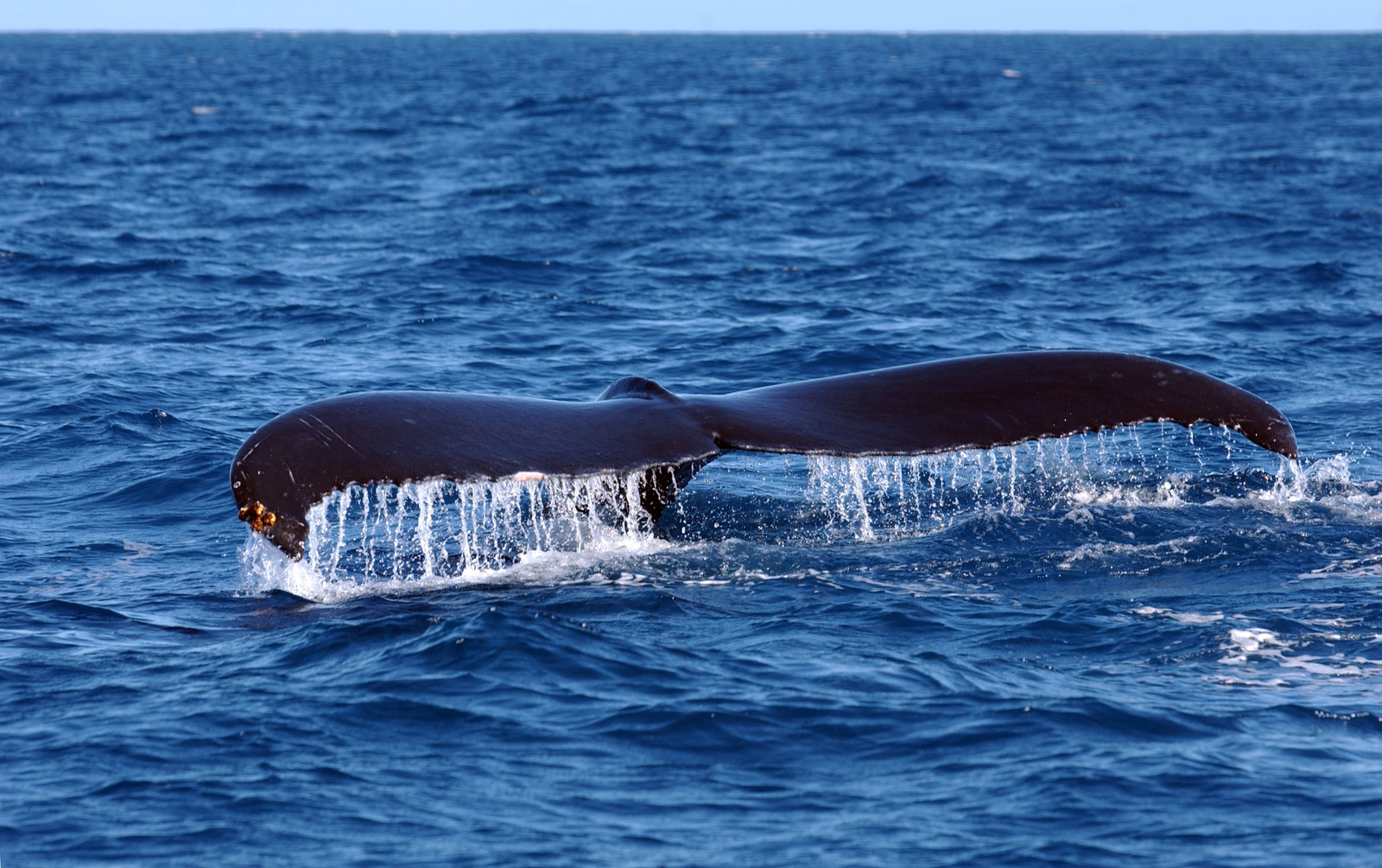
Caring for animals seized in trade
The illegal trade in live exotic animals is a global problem that threatens animal welfare and conservation efforts. At IFAW, we believe it is essential to ensure that animals seized in trade by authorities are well cared for. Government authorities, such as law enforcement agencies, wildlife management authorities, and veterinary bodies, need to have sustainable care options and humane processes for any confiscated animals.
In fiscal year 20, we continued to provide governments with technical guidance and recommendations to increase frontline officers’ capacity to secure protected areas and country borders, investigate suspicious persons or items, and care for seized animals. Clear options and decision processes help governments and authorities understand that in conservation, every individual animal matters, whether they are in the wild or seized during an operation to prevent illegal wildlife trafficking.
To learn more: stopping smugglers is the first step, rescuing animals is the next
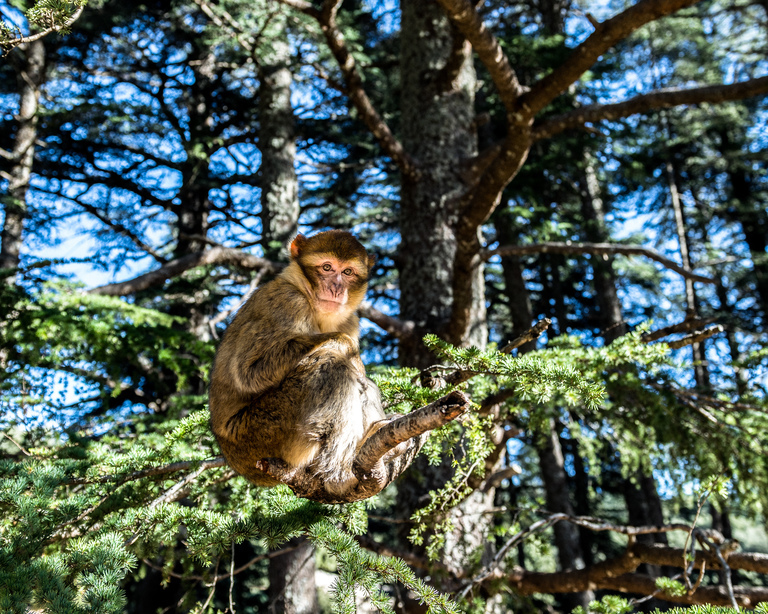
Contact for more information
Staci McLennan, EU Office Director, Brussels
Ilaria Di Silvestre, Head of EU Policy & Campaigns
Loïs Lelanchon, Wildlife Rescue Program Manager
press@ifaw.org for interviews